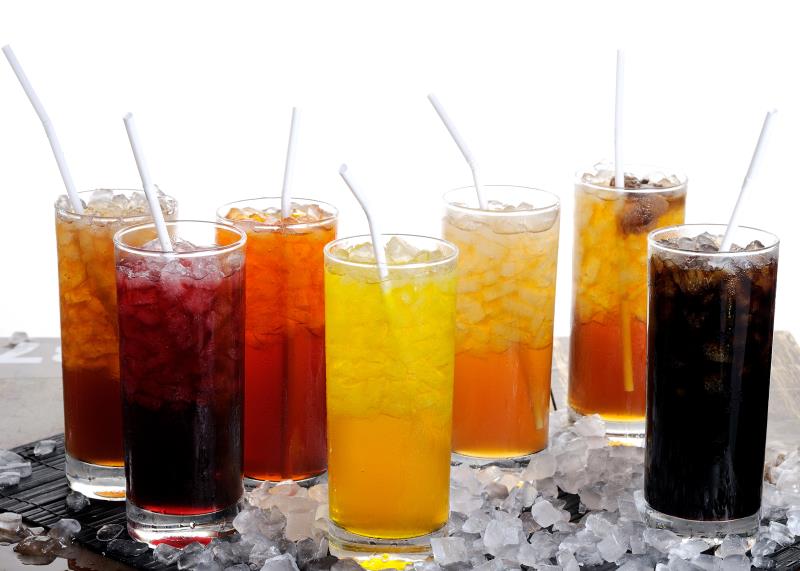Sugary drinks may up CVD risk via lipid imbalance





Daily intake of sugar-sweetened beverages was associated with elevated triglyceride levels and lower HDL cholesterol levels, both of which are risk factors for cardiovascular disease (CVD), according to the Framingham Heart Study with up to 23 years of follow-up.
Moderate drinking of 100% fruit juice (up to 1.5 servings, or 12 ounces per day), on the other hand, did not appear to adversely impact blood cholesterol or triglyceride levels.
“Our results support the recommendations to limit sugar-sweetened beverage intake and suggest that … one potential mechanism by which sugar-sweetened beverages may increase the risk for CVD is through the development of dyslipidaemia,” said the researchers.
Included in the analysis were two large cohorts: FOS (Framingham Offspring Study; n=3146) and Generation Three (n=3584) cohorts. Participants self-reported on dietary intakes using the Harvard 126-item food-frequency questionnaire (FFQ), including sweetened beverages. [J Am Heart Assoc 2020;doi:10.1161/JAHA.119.014083]
Over a mean follow-up of 12.5 years, participants who consumed sugar-sweetened beverages regularly (>1 serving or 12.5 ounces per day) saw significantly greater increase in triglyceride (β, 4.4; p-trend=0.003) and decrease in HDL cholesterol levels (β, -1.6; p-trend <0.0001) compared with those who consumed sugary drinks less often (<1 serving per day).
Following long-term regular consumption of sugary drinks, this group of participants had 52 percent higher incidence of dyslipidaemia related to high triglyceride levels (hazard ratio [HR], 1.52; p-trend=0.03) than those with low intake.
“For some time, we have known sugary drinks can have a negative effect on Americans’ health status, yet the assumption for many is that they only contribute to weight gain,” said Dr Eduardo Sanchez, chief of the Center for Health Metrics and Evaluation at the American Heart Association.
“This research reinforces our understanding of the potential negative impact sugary drinks have on blood cholesterol, which increases heart disease risk. It is yet one more reason for all of us to cut back on sodas and other sugar-sweetened beverages,” he highlighted.
Sugar-sweetened beverages in the study refer to soft drinks, fruit drinks or other noncarbonated drinks (such as coffee and tea) with sugar. Unlike previous studies which lumped low-calorie sweetened beverages (LCSB) and sugar-sweetened beverage as one category, the current study has finer categorization of sweetened beverages into sugar- or LCSB and fruit juices. LCSB include naturally or artificially sweetened “diet” sodas and other low-calorie flavoured drinks; while fruit juices refer to 100% fruit juices with no added sugars.
In contrast to sugary drinks, there were no significant associations between consumption of 100% fruit juice and adverse changes in lipoprotein levels as well as dyslipidaemia incidence, although the researchers suggested further studies to verify this.
For LCSB consumption, the results were somewhat mixed. Recent regular intake of LCSB was associated with adverse changes in lipoprotein concentrations but not development of dyslipidaemia.
“Reducing the number of or eliminating sugary drink consumption may be one strategy that could help people keep their triglyceride and HDL cholesterol at healthier levels,” said lead study author Dr Nicola McKeown from the Jean Mayer USDA Human Nutrition Research Center on Aging at Tufts University in Boston, Massachusetts, US.
“While our study didn’t find negative consequences on blood lipids from drinking low-calorie sweetened drinks, there may be health consequences of consuming these beverages on other risk factors. Water remains the preferred and healthiest beverage,” she added.